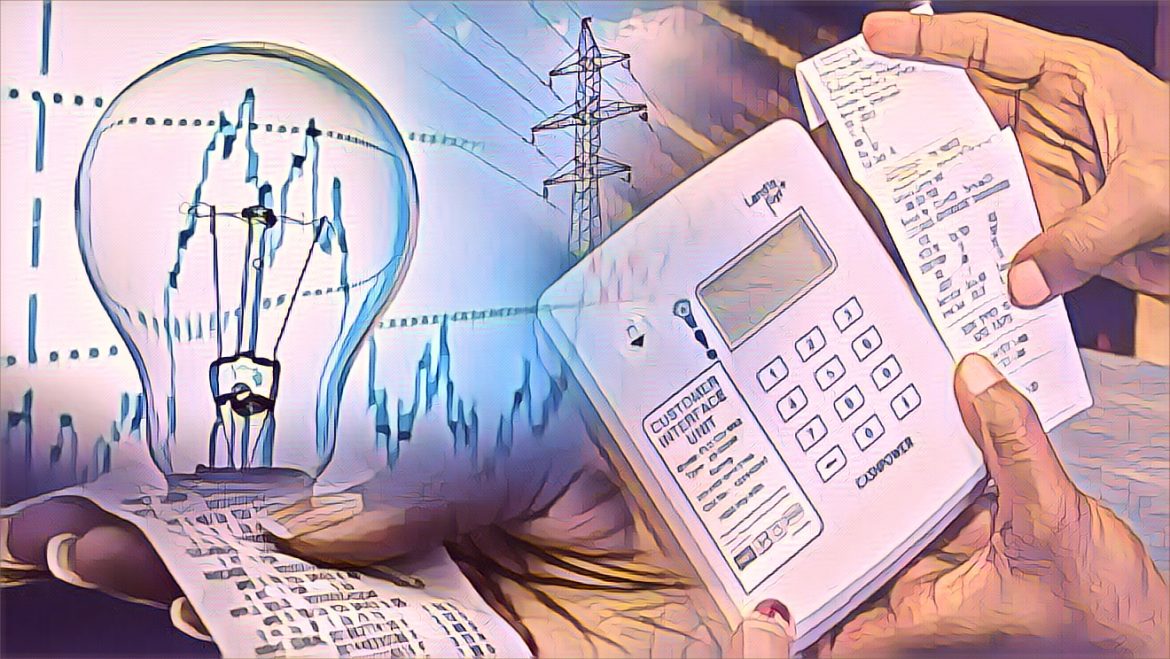The Federal Government of Nigeria, through the Nigerian Electricity Regulatory Commission (NERC), has announced a drastic 240% increase in electricity tariffs for users categorized under Band A, those purported to enjoy up to 20 hours of power supply daily. This decision, effective immediately, elevates the cost from N68 to N225 per kilowatt-hour, removing the electricity subsidy for this category of consumers. This substantial hike has ignited a storm of opposition from the manufacturing sector and organized labor groups, who argue that such a move could have devastating effects on the economy, potentially driving manufacturers out of business and exacerbating inflation.
The controversy arises amidst wider criticisms of government spending, particularly the perceived lavish expenditures on government officials, juxtaposed against the backdrop of pressing infrastructural needs. The subsidy withdrawal specifically targets about 15% of the country’s electricity consumers, a move the government defends as necessary to mitigate the staggering N2.9 trillion earmarked for power subsidies this year.
The Vice Chairman of NERC, Musiliu Oseni, during a press briefing in Abuja, emphasized the unsustainability of the subsidy regime. He highlighted that technological assessments had revealed discrepancies in the actual hours of electricity supplied to consumers in Band A by the distribution companies (Discos), leading to a recalibration of customer categories and an immediate downgrade of some Band A consumers to Bands B and C.
This recalibration has significantly reduced the number of feeders classified as Band A, affecting less than 15% of electricity consumers who now face the tariff increase. Oseni clarified that this measure aims to protect consumers by ensuring that only those truly receiving up to 20 hours of power supply daily are subject to the new rates. He assured that efforts would be concentrated on metering the affected Band A customers to ensure accurate billing.
The NERC’s action comes in the context of a broader energy crisis, marked by recent dips in power generation attributed to payment issues within the sector. The inability of generation companies (Gencos) to secure gas for power production, owing to financial constraints exacerbated by subsidy-induced revenue shortfalls, has compounded these challenges. Furthermore, the recent hike in the price of gas for power generation necessitates adjustments in electricity tariffs, particularly for Band A consumers, to reflect these rising operational costs.
The backlash from manufacturers and labor unions underscores the delicate balance the government must strike between fiscal responsibility and economic sustainability. Stakeholders warn that the tariff hike could have far-reaching implications for the industrial sector and the broader economy, stressing the critical need for a comprehensive review of the country’s energy policy to safeguard national interests.


